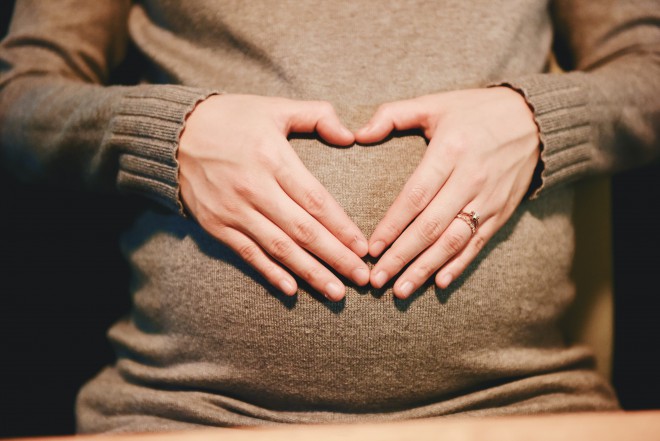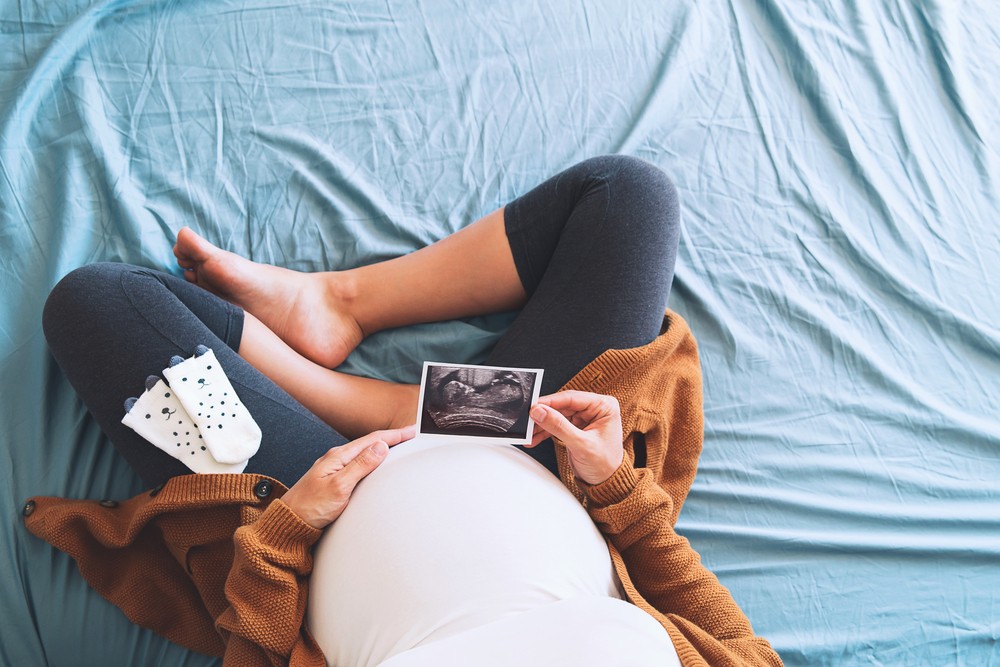Egg and sperm meet, fertilization takes place, a child is born. Simple? Not exactly.
Welcome to the world of theory about “women as receptionists" or "freedom of choice for a woman". Simply put, to a theory that says yes the egg chooses the swimmer. Scott Gilbert, a developmental biologist at Swarthmore University, believes that fertilization a process in which the egg participates in a "dialogue" with the sperm. After conducting many experiments, he finds that the egg, if given the chance, attracts special sperm.
These are some studies that prove that the egg is chosen by the sperm.

Battle of the sperm
Couples planning to expand their family are sure that the sperm travels towards the egg, but some scientists note that the eggs are not subordinate, rather, they play a dominant role and select the sperm.
A race? It's never supposed to be a race, but it is winner already chosen – the egg is said to have already selected the sperm, which should allow him to enter.
As researched by a scientist Joseph H. Nadeau, the eggs are not subordinate, but rather a key player in the reproductive process. And contrary to the popular theory that sperm swim towards eggs, the opposite is true here. Pacific Northwest Research Institute it also explains that in this complex process the egg favors certain sperms or rejects specific sperms.

Mendel's law
Mendel's law is the law of segregation, it is also called inheritance law (law of character separation in F-generation), whereby each parent carries 2 copies of each gene. The next step is random fertilization, in which these genes are randomly distributed into gametes that have only one copy. Recent studies completely refute this belief.
dr. Nadeau conducted two separate experiments aimed at producing specific, predictable ratios of gene combinations in offspring (based on Mendel's law). However, he could not achieve this.
FIRST ATTEMPT: He first added to the females (mice). one normal and one mutated gene, which causes cancer. Males (mice), however, had all normal genes. The result was in accordance with Mendel's law.
SECOND ATTEMPT: He added to the males a mutated gene that causes cancer, while the females had all the normal genes. And here he came to surprising conclusions - only 27 % females accepted the mutated version, and this value was expected to be amounted to 75 %.
Based on these experiments, he concluded that fertilization is not random, but there is a mechanism that allows the egg to choose a sperm with a normal gene and not a mutated one. Scientifically, this is called "genetically biased fertilization” (engl. genetically biased fertilization).

What does that mean?
dr. Nadeau explains why eggs choose sperm.
1. On the attraction between sperm and eggs to a large extent is affected by the folic acid molecule. The metabolism of vitamin B or folic acid is different in eggs than in sperm, so these changes can occur a determining factor in the attraction of sperm and eggs.
2. Sperm are already present in the female reproductive tract, as they travel towards the egg. At this time, the egg may not be fully developed, but there is a chance that it will the egg affects cell division, namely in such a way that the genes are also suitable for sperm.
More information:
quantamagazine.org






